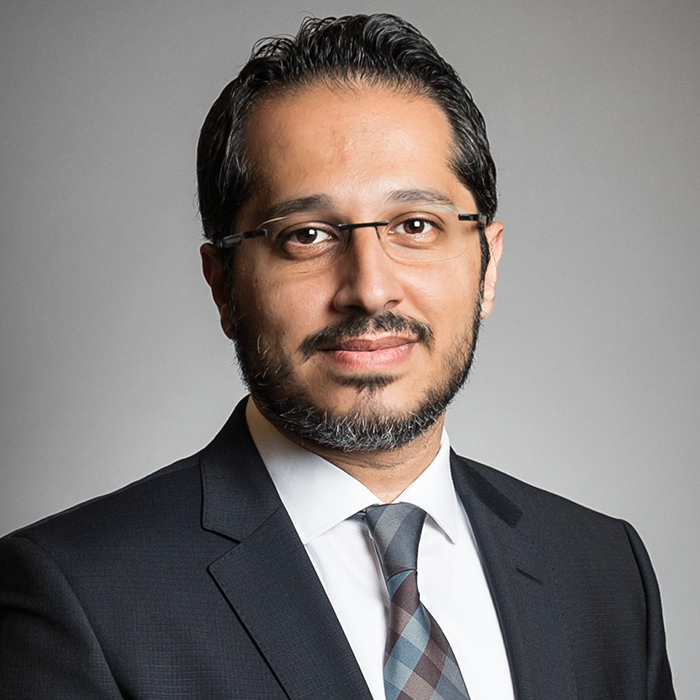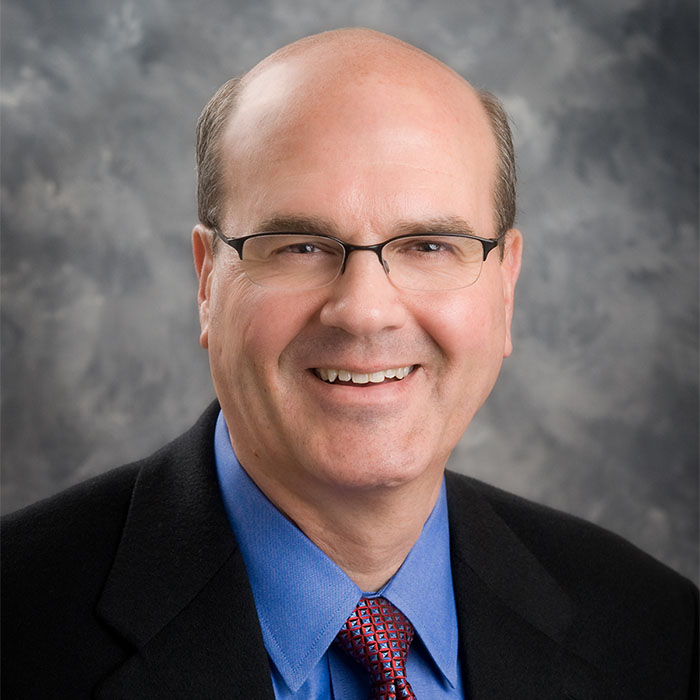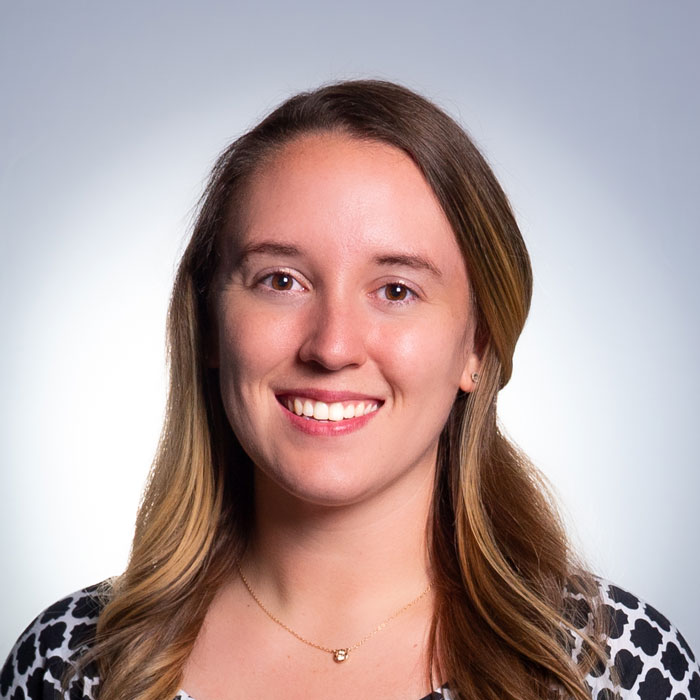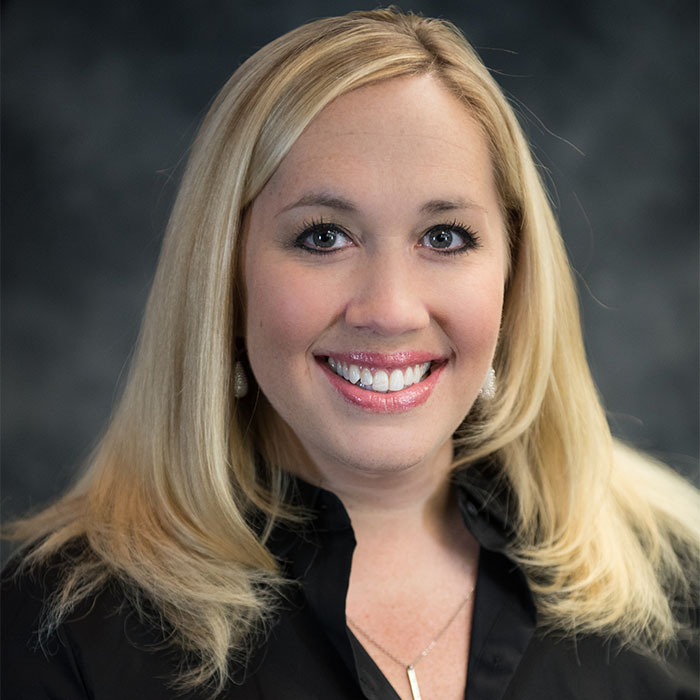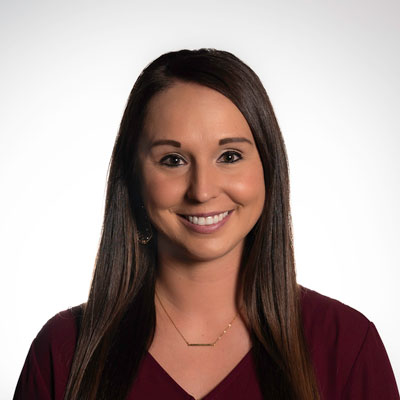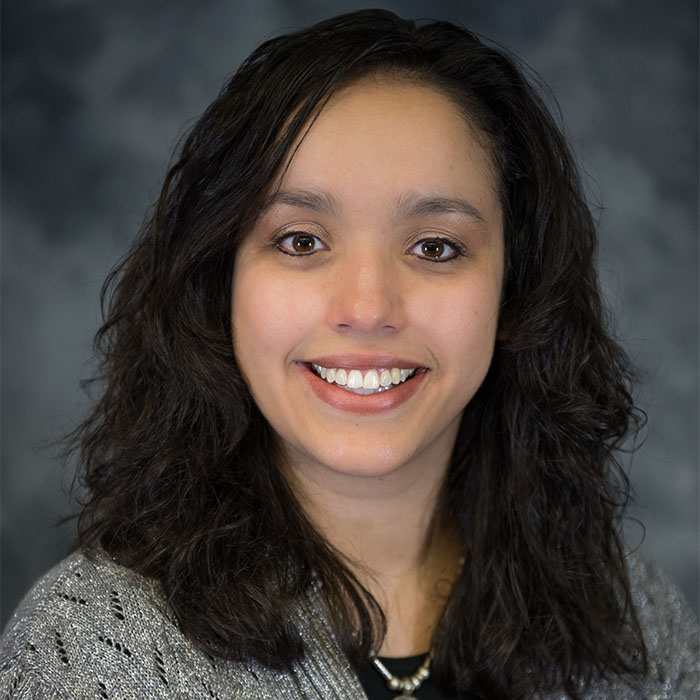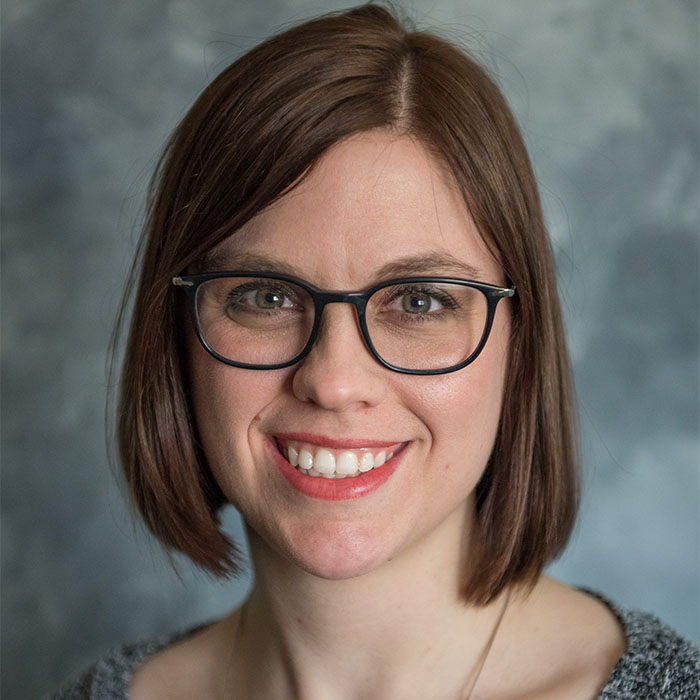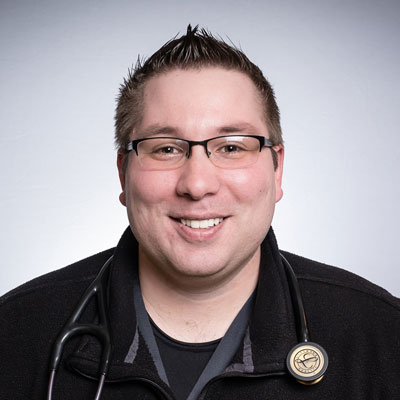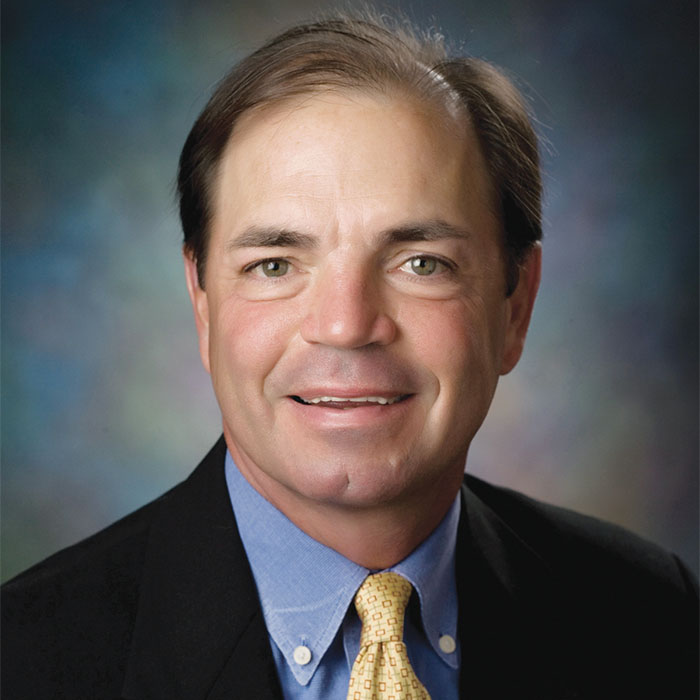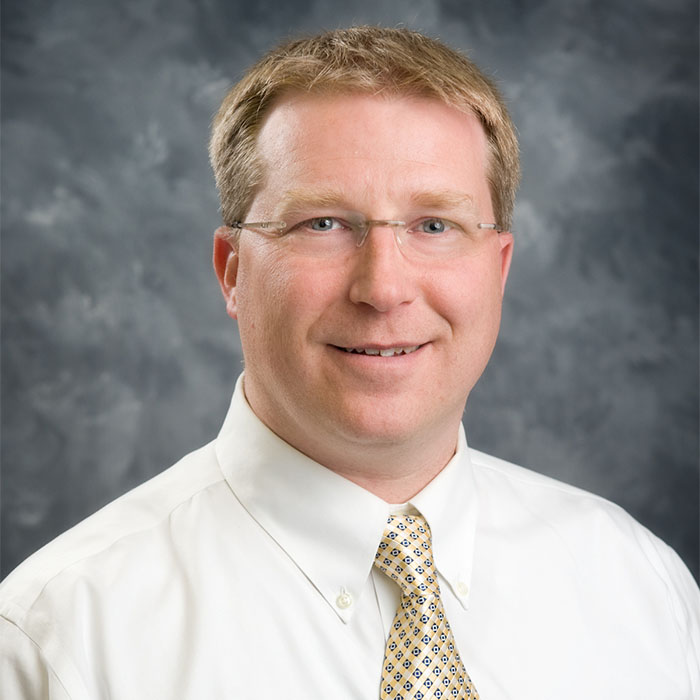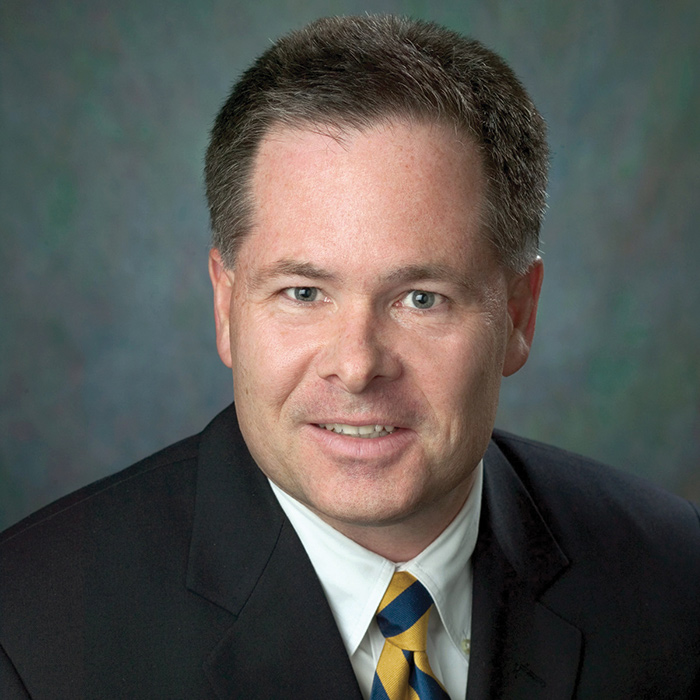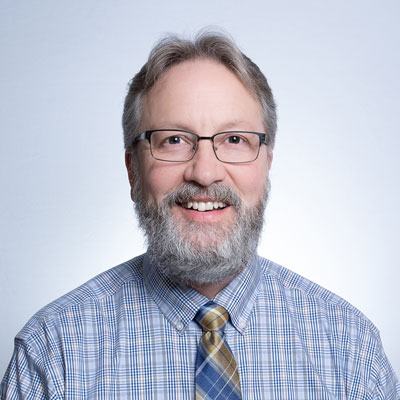Upper Endoscopy
Almost everyone has digestive issues at some point in their life. Maybe you feel a burning pain in your chest after grabbing a cold one, or discomfort in your stomach after eating too much.
These symptoms — and maybe a slight twinge of guilt for overindulging — normally go away in a few days. However, sometimes the pain is too much to bear. Each year, more than 40 million Americans head to their primary care provider or the emergency room to treat problems with their digestive system.
Upper Endoscopy
If your problem is in the upper digestive tract — your esophagus, stomach, or the beginning of the small intestine (duodenum), your digestive health provider may prescribe a test called an esophagogastroduodenoscopy (EGD).
An EGD is also known as an upper endoscopy. It literally means a checkup (scopy) of your esophagus (esphago), stomach (gastro), and small intestine (duodeno). During this procedure, your provider will use a long, flexible tube with a camera attached to the tip to check the lining of your upper digestive tract.
Reasons for an EGD
A gastroenterologist (a physician who diagnoses and treats stomach and intestinal issues) may perform an EGD for you if you have any of the following symptoms:
- Persistent heartburn
- Bleeding in the esophagus, stomach, and small intestine
- Nausea and vomiting
- Persistent upper abdominal pain
- Difficulty swallowing
- Unexplained weight loss
An EGD can also be used to look for disease, inflammation (swelling), abnormal structures, or damage caused by harmful chemicals or objects.
Treating Upper Digestive Problems
This procedure is commonly used to make a diagnosis, but it can also be used to treat upper digestive problems. The tube can carry special tools that:
- Take out foreign objects if you accidentally swallowed one
- Remove a polyp — a cell mass formed on the inside of your stomach or esophagus
- Stop bleeding from ulcers by putting medication directly on the ulcer
- Open up a narrow esophagus by attaching a dilating device on the endoscope: The endoscope will guide the device to the narrowed area and release the device to widen it
Preparing for an EGD
Because this procedure involves passing a tube down your esophagus and into your stomach, you should not eat or drink anything — including water — at least 6 hours before your EGD. Your provider will give you specific instructions on when to start fasting and whether you can take any prescription medications during this time.
If you have heart disease, diabetes, or are pregnant, you may need to take extra steps to prepare for your EGD. Be sure to mention these and any other health concerns to your provider so that they can customize your preparation instructions, if necessary.
EGD Results
Your results should be available right away. Your gastroenterologist will explain the results with you and your family. If you have a biopsy, the tissue sample will be sent to a pathologist for analysis, and the gastroenterologist will discuss the results with you.
We Together: A Communication of Stormont Vail Health (Oct 25, 2022)

Dear Community Partners, Here are today’s updates: Moran Tours Takes Building Blocks II Stormont Vail Team Recognized at Washburn Homecoming Brad Cutting, Cotton O’Neil Clinic Wamego Named “Best” September Person of the Moment: Judy Hamilton Low Dose CT Lung Screening Event on Nov. 12 Current Status at Stormont Vail Health Sen. Moran Tours Building Blocks…
We Together: A Communication of Stormont Vail Health (Aug 30, 2022)

Dear Community Partners, Here are today’s updates: Hard Work Pays Off for Clinical Research Team Walk With a Doc – This Saturday in Manhattan Current Status at Stormont Vail Health Hard Work Pays Off for Clinical Research Team We are proud to announce that our Clinical Research team at Digestive Health recently contributed to the…
Meet the Team
Our Digestive Care Location
Stormont Vail Health Manhattan Campus
1325 Research Park DriveManhattan, KS 66502
